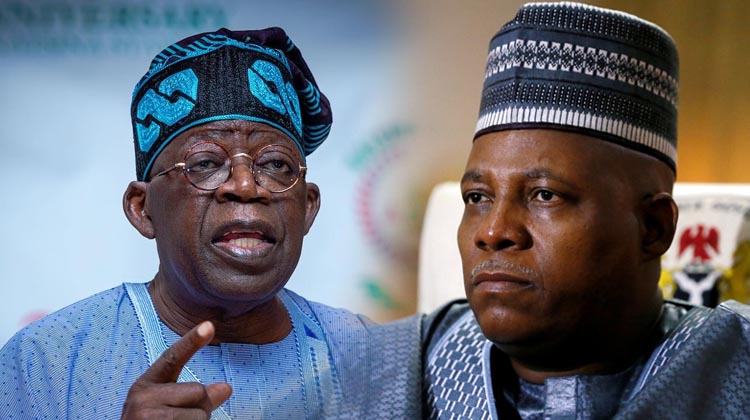Since taking office about 20 months ago, President Bola Tinubu and Vice President Kashim Shettima have established at least 42 committees to oversee various government programs. These committees span critical sectors such as education, agriculture, health, security, and the digital economy.
An analysis reveals that since 2018, Nigeria has spent a staggering N21.17 billion on running key presidential committees, averaging N3 billion annually. The 2025 budget proposal now allocates N3.73 billion to these committees.


Proliferation of Committees Under Tinubu’s Administration
Within weeks of assuming office, the Tinubu administration formed multiple committees. Notable among them include:
- June 19, 2023 – A steering committee was set up to address labor demands following fuel subsidy removal.
- July 7, 2023 – A Presidential Committee on Fiscal Policy and Tax Reforms was created.
- September 14, 2023 – The Presidential Committee on Implementation of Livestock Reforms led to the establishment of a new Ministry of Livestock Development.
- October 10, 2023 – The Presidential Committee on Flood Mitigation was inaugurated.
- February 8, 2024 – The Special Presidential Committee on Emergency Food Intervention was set up.
- February 15, 2024 – A committee to explore the establishment of state police was approved.
- March 27, 2024 – A committee was formed to recommend qualified individuals for ambassadorial roles.


The list continues, with more committees formed to tackle economic policies, infrastructure development, climate change, and security reforms.
Budgetary Breakdown of Committee Expenses
Since 2018, billions have been allocated to support committee operations, including sitting allowances and other administrative costs:
- 2018: N2.13bn
- 2019: N2.5bn
- 2020: N1.84bn
- 2021: N5.01bn
- 2022: N3.22bn
- 2023: N3.73bn
- 2024: N2.58bn
- 2025 (Proposed): N3.73bn
Major expenses include allocations for political officers, standing committees, advisory bodies, and technical committees overseeing economic and social policies.

Criticism Over Committee Efficiency
Despite the massive spending, critics argue that many of these committees lack tangible impact. Activist Deji Adeyanju remarked that the committees have not significantly improved governance, calling them a form of “political patronage.”
He stated, “None of the committees have led to anything significant. There’s always policy inconsistency, and that’s money wasted on numerous committees with little to show for it.”
As the government continues to establish more committees, concerns grow over whether they truly drive development or merely serve as costly bureaucratic structures.




